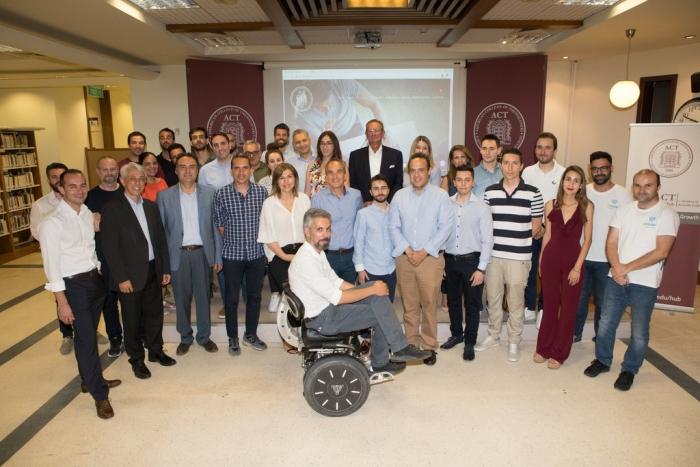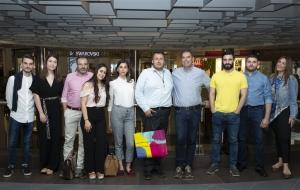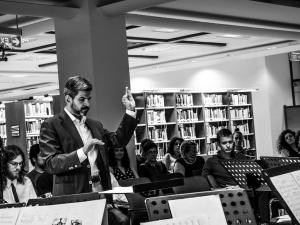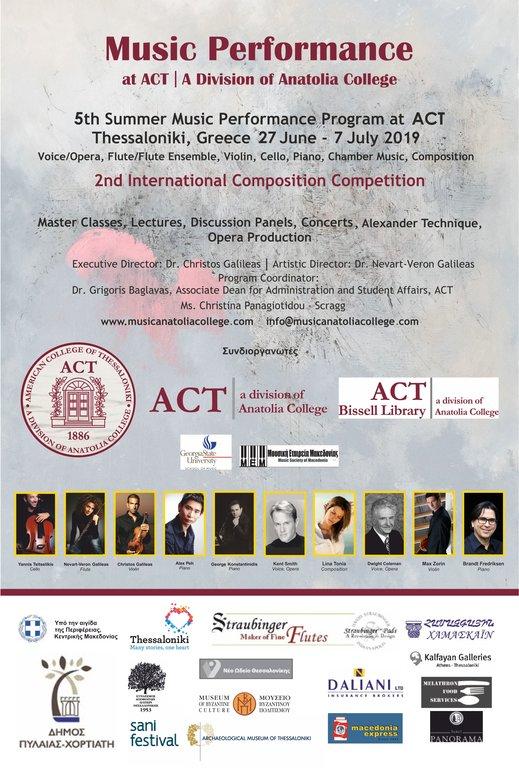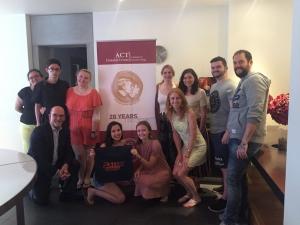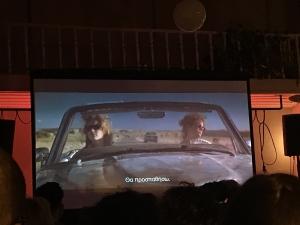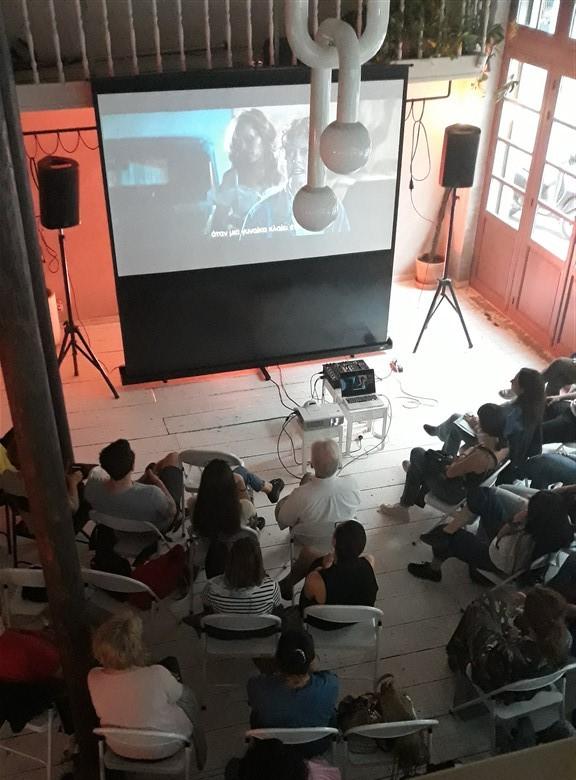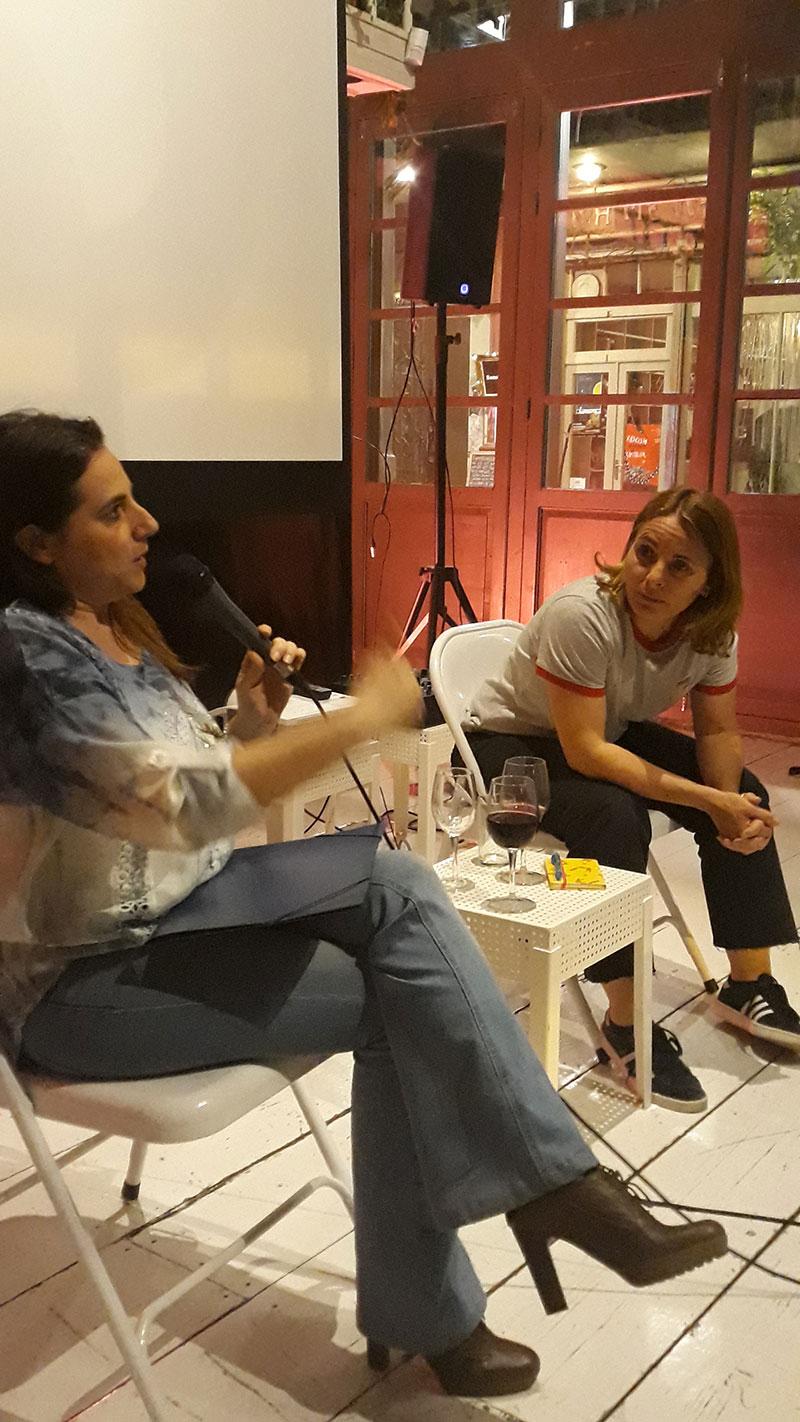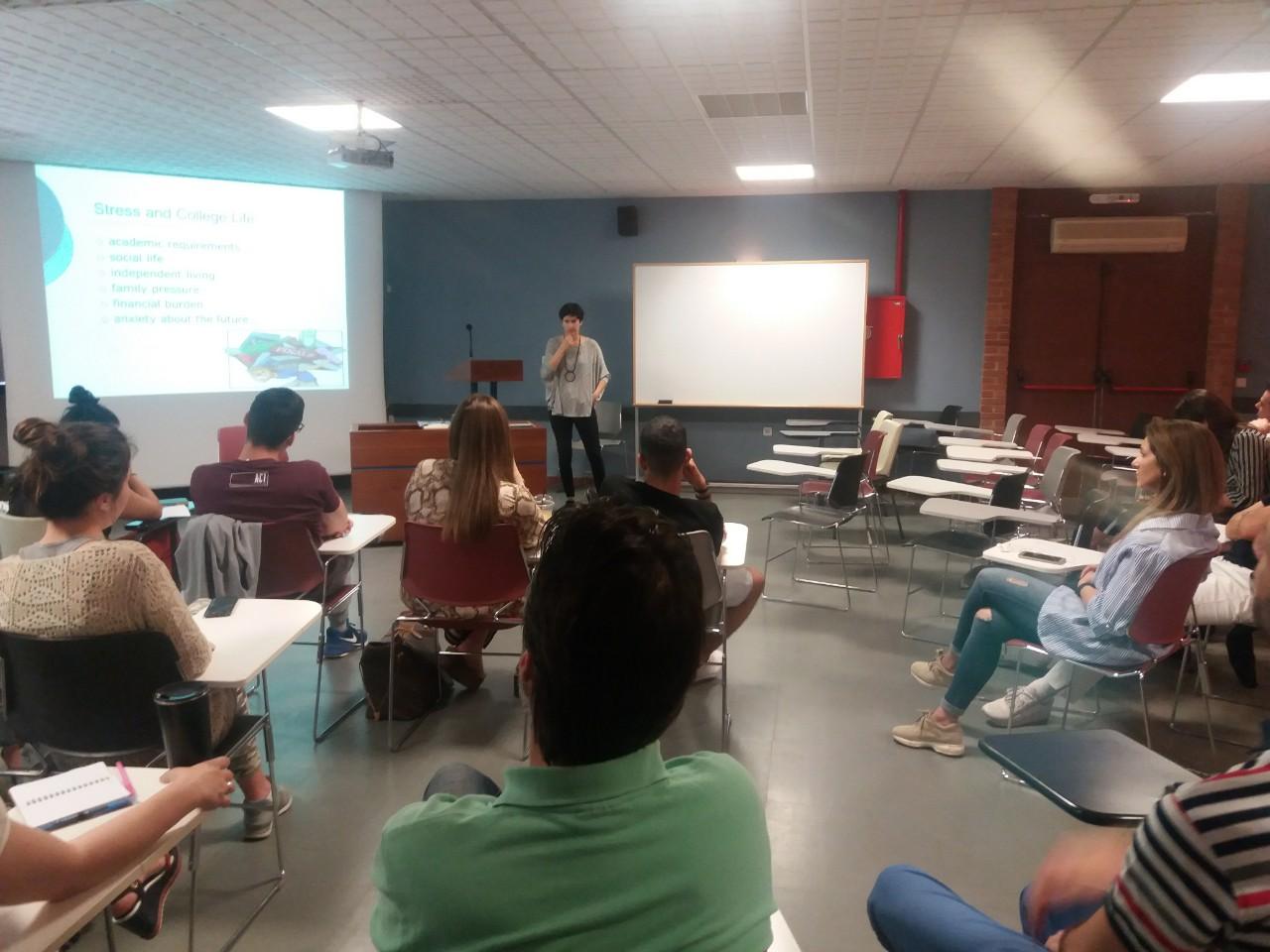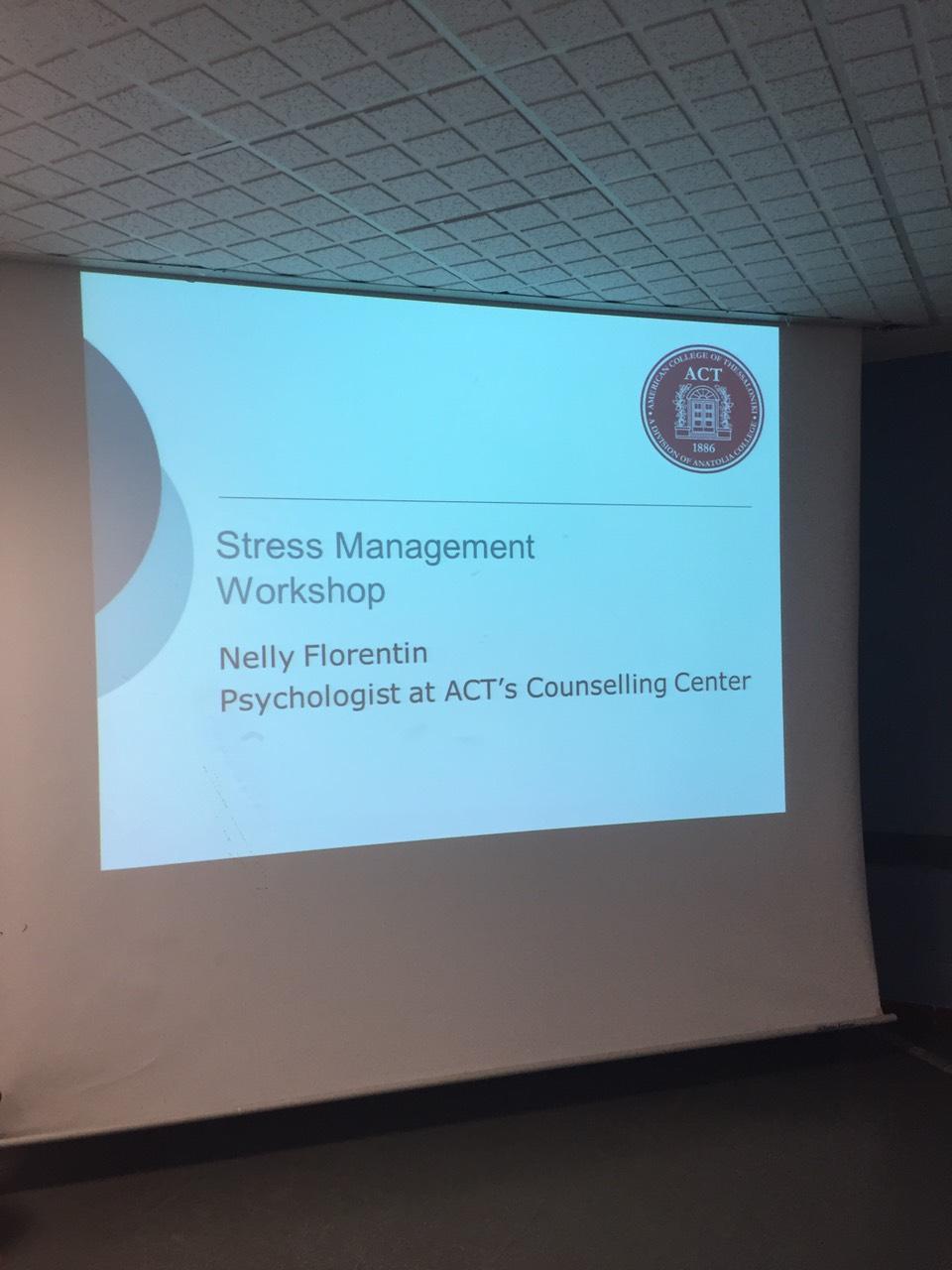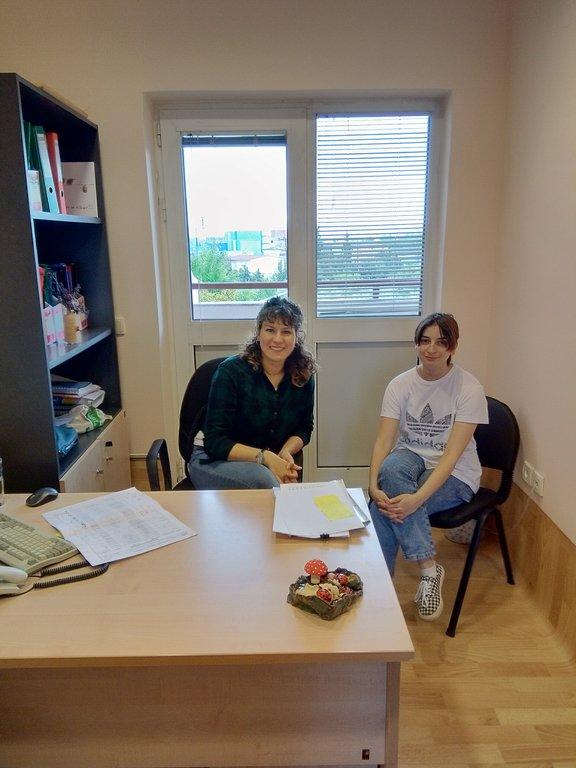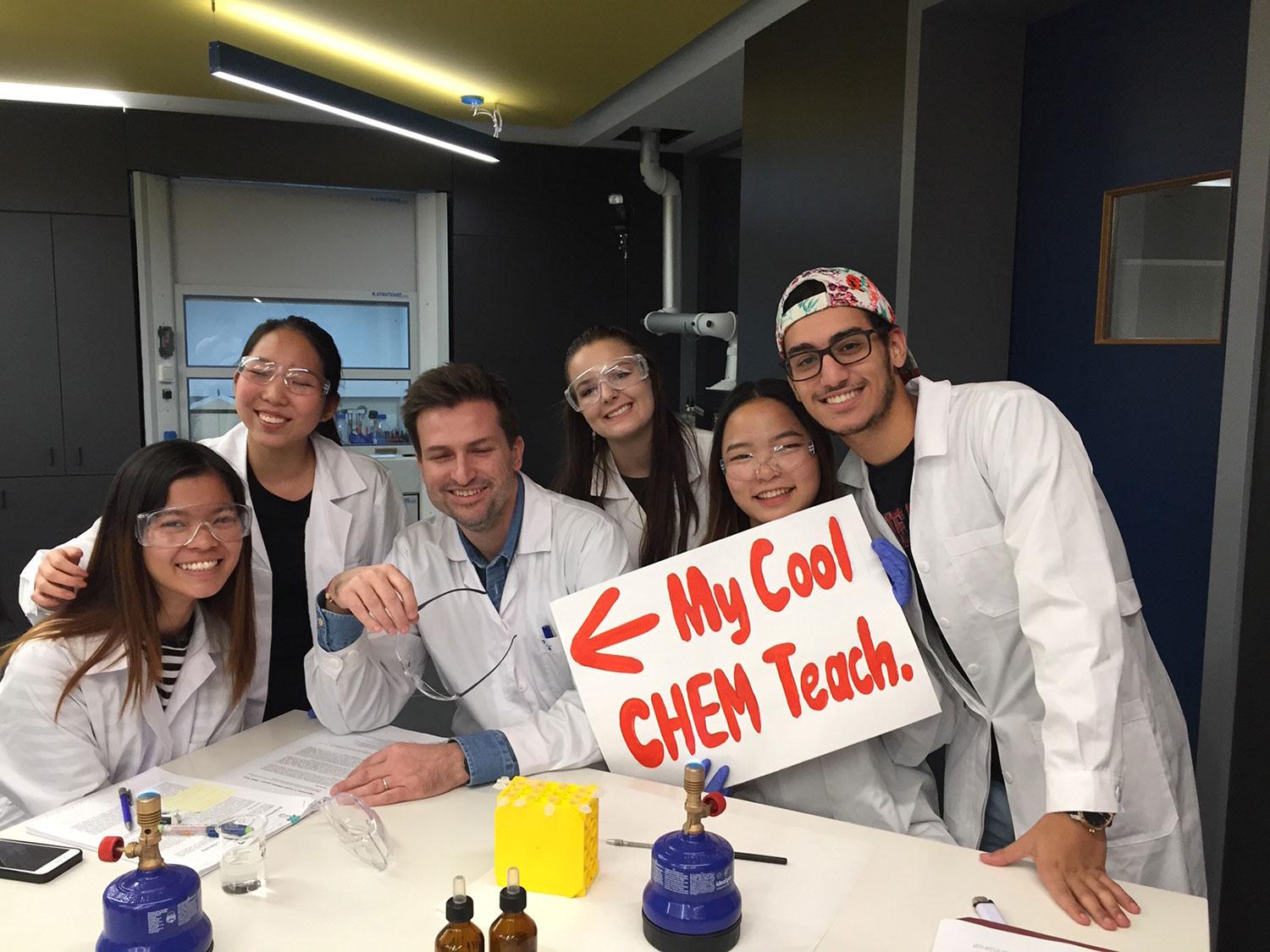In fall 2018, ACT launched the division’s first Career Development Program (CDP) that was designed and facilitated by Mr. Dimitris Diamantis, ACT’s Head of Business Liaison, Career Services, and Alumni Relations Office (BLCSAR), under the auspices of the Associate Dean for Administration and Student Affairs, Dr. Gregory Baglavas. The program was a year-long contest, which gave students the opportunity to accumulate points for their extra-curricular and career-related activities. The students who accumulated the most points enjoyed the following benefits:
· Get awarded a Certificate of Completion
· Attend a full-day Leadership Accelerator workshop
· Have a private meeting/dinner with a prominent local executive
· Be team leaders and mentors for the Fall 2019 incoming class
The preparation began in the previous year, clarifying the activities that would count towards this program, creating a point system for each, setting up the logistics and communications, and publishing the program’s webpage (www.act.edu/cdp).
Each activity had point assigned, which the students were collecting once the activity was completed and verified. Students could also double the points of any activity if they provided a reflection paper for that activity. The activities that counted towards the CDP were:
· Completing any professional certification
· Attending a job search workgroup
· Writing on ACT’s online newspaper
· Preparing a cover letter
· Preparing a resume
· Conducting a mock interview
· Applying for an internship or job
· Being invited for an interview for an internship or job
· Working (internships, part- or full time)
· Volunteering (on- or off-campus)
· Participating in the college’s “Service – Learning” program
· Attending an event (on- off- campus)
· Having systematic coaching from the BLCSAR office
· Reading a book
· Attending a club (MUN, Makers, etc)
Winners
Overall, 67% of the student body participated with at least one activity, with 26% being more engaged and the top 10 receiving the awards. The winners of the program were (listed in order of points collected):
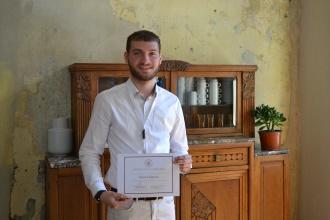
-Daniel Kalemi (sophomore)
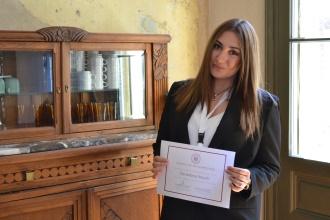
-Christiana Smyrli (junior)
-Ahmad Al Khalil (freshman)
-Elisavet Katmada (freshman)
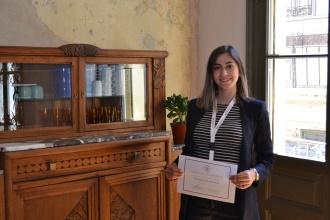
-Anastasia Tertlidou (freshman)
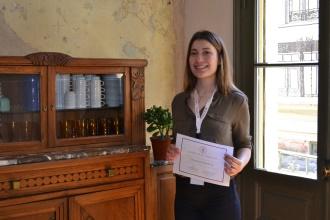
-Despoina Stoikou (freshman)
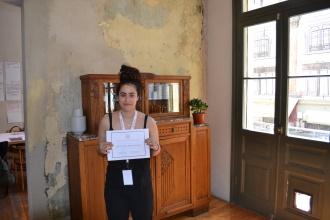
-Maria-Eleni Athanasiadou (senior)
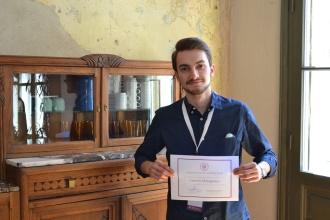
-Giannis Maragkakis (freshman)
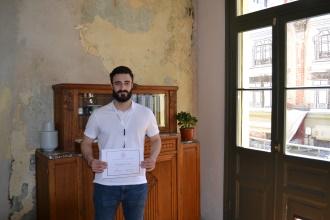
-Panagiotis Pichas (junior)
-Nikos Pilitsis (sophomore)
* Ahmad Al Khalil, Elisavet Katmada and Nikos Pilitsis are not depicted above, as they couldn’t make it to the Leadership Accelerator.
The activities:
A wide spectrum of activities was eligible for awarding points to students:
· Completion of professional certifications
· Participation in career workshops (career purpose, job search, resume, cover letter, etc)
· Participation in the Career Week’s events
· Writing for the ACT Online newspaper
· Preparing their resume or cover letter
· Conducting a mock interview
· Working in any capacity (full- or part-time, internship)
· Volunteering (on- of off-campus)
· Attending any academic or professional related event (on- or off-campus)
· Applying for a job or internship
· Having a job or internship interview
· Receiving a systematic career coaching
· Reading books
· Participating in school clubs or SGA
· Participating in school’s Service Learning program
The Leadership Accelerator
A full-day Leadership Accelerator, designed and facilitated by Dimitri Diamanti, offered to the winners of the year-long Career Development Program. Clarity of purpose, storytelling, personal branding, public speaking - and amazing interaction, connection, and results. The workshop was complemented by the presentation of Ms. Katerina Zougli, introducing our students to the world of storytelling and personal branding, and the contribution of ACT’s Theodore Maleas, who offered his creative touch in documenting this event.




Meeting with the Director of Mediterranean Cosmos
The group of students had the privilege to meet with ACT Alumni and Director of the Mediterranean Cosmos Center, Mr. Kyriakos Kontaxian. Following a tour of the facilities, the students had the opportunity to get an insight into Mr. Kontaxian’s career, share their concerns and acquire useful and practical advice.




The ACT Business Liaison, Career Services and Alumni Relations Office
BLCSAR is a vibrant office, helping ACT students enhance their career readiness with a wide spectrum of initiatives, programs, and activities. Students who systematically follow the office’s activities not only have scored interviews and offers, even from the first year of studies, but they have the privilege to choose jobs. This empowerment increases in significance, if one considers high levels of youth unemployment.
More











